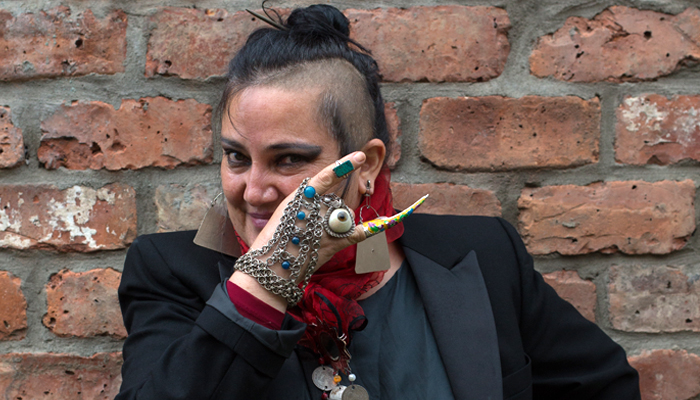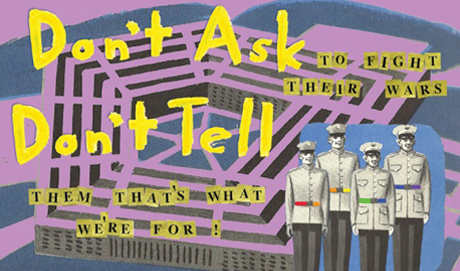Against Inclusion
Against Inclusion
What does it mean to resist seeking assimilation or inclusion within, or let our demands be co-opted by the very systems we seek to dismantle?
ReadWhile recognising that it is a victory when systems of repression have to change to contend with the strength of social movements, how do radical trans, queer, women’s, anti-racist and anti-colonial struggles refuse to define their demands in the terms set out by those same vile, murderous systems? What does it mean to resist seeking assimilation or inclusion within existing structures of power that will always pit people against each other in terms of who they deem deserving, respectable or innocent? Can we refuse to let our demands be co-opted into expanding the very systems we seek to dismantle? What does justice look like if we make it ourselves, rather than relying on the State to give it to us?
Mujeres Creando
Mujeres Creando, which translates as Women Creating, are a fiercely incredible Bolivian anarcha-feminist street movement that fuse politics and art in an ongoing practice of decolonialisation and depatriarchalisation, involving direct action, propaganda, radio shows, graffiti and collective support and struggle. “Crazy people, agitators, rebels, disobedients, subversives, witches, street grafiteras, anarchists, feministas, Lesbians and heterosexuals; married and unmarried; students and clerks; Indians, chotas, cholas, birlochas, and señoritas; old and young; white and coloured, we are a fabric of solidarities; of identities, of commitments, we are women, WOMEN CREATING.”
Dean Spade
We think that Dean’s speaking, organising and writing – inc. his book Normal Life: Administrative Violence, Critical Trans Politics and the Limits of Law – is vital to international critical trans-resistance. In 2002, Dean founded the Sylvia Rivera Law Project, a non-profit law collective that provides free legal services to transgender, intersex and gender nonconforming people who are low-income and/or people of colour. SRLP also engages in litigation, policy reform and public education on issues affecting these communities and operates on a collective governance model, prioritizing the governance and leadership of trans, intersex, and gender nonconforming people of colour. Dean is an Associate Professor at Seattle University School of Law. He teaches Administrative Law, Poverty Law, and Law and Social Movements, and has taught classes related to sexual orientation and gender identity law and law and social movements at UCLA Law School and Harvard Law School.
Eric A. Stanley
Eric is a co-editor of the vital anthology Captive Genders: Trans Embodiment and the Prison Industrial Complex, whose transformational insights, mini-memoirs, analyses and theories about captivity have been a huge influence on our thinking, and of which Chelsea Manning has said “[Captive Genders] had a forceful and immediate impact on my understanding of myself.” Eric’s other writing can be found in the journals Social Text, American Quarterly, Women and Performance, and TSQ. Along with Chris Vargas, Eric directed the films Homotopia and Criminal Queers. They are assistant professor in the Department of Gender and Sexuality Studies at the University of California, Riverside.
Documentation
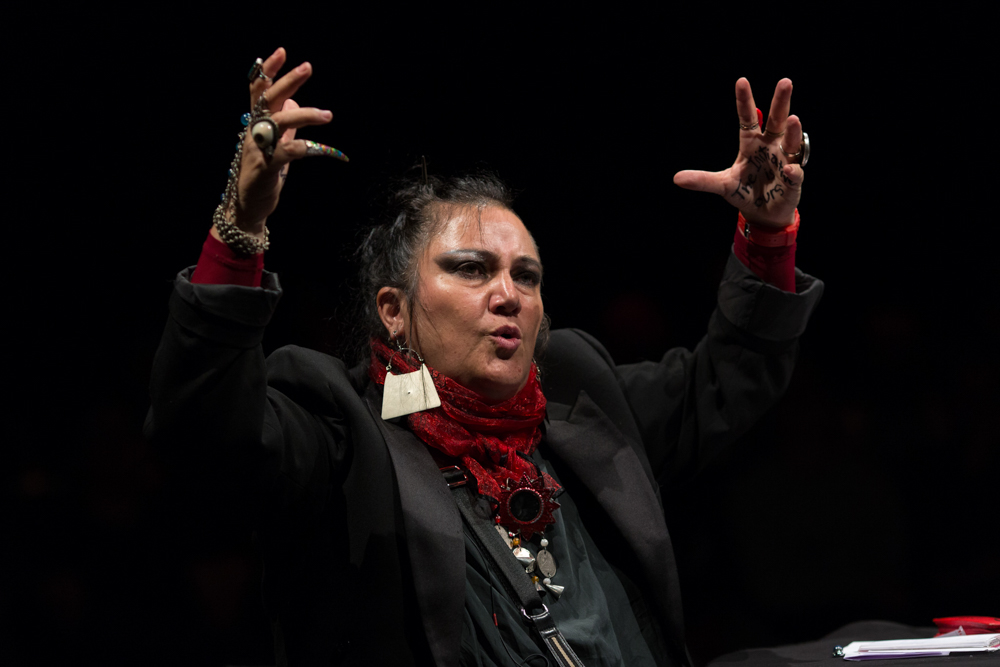
▴ Credit: Alex Woodward
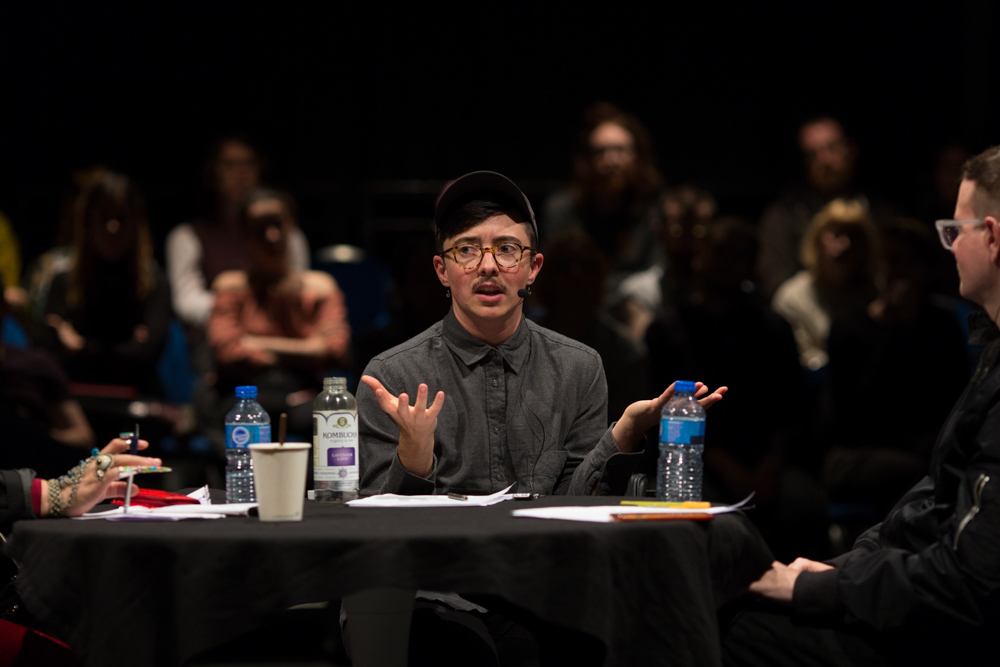
▴ Credit: Alex Woodward
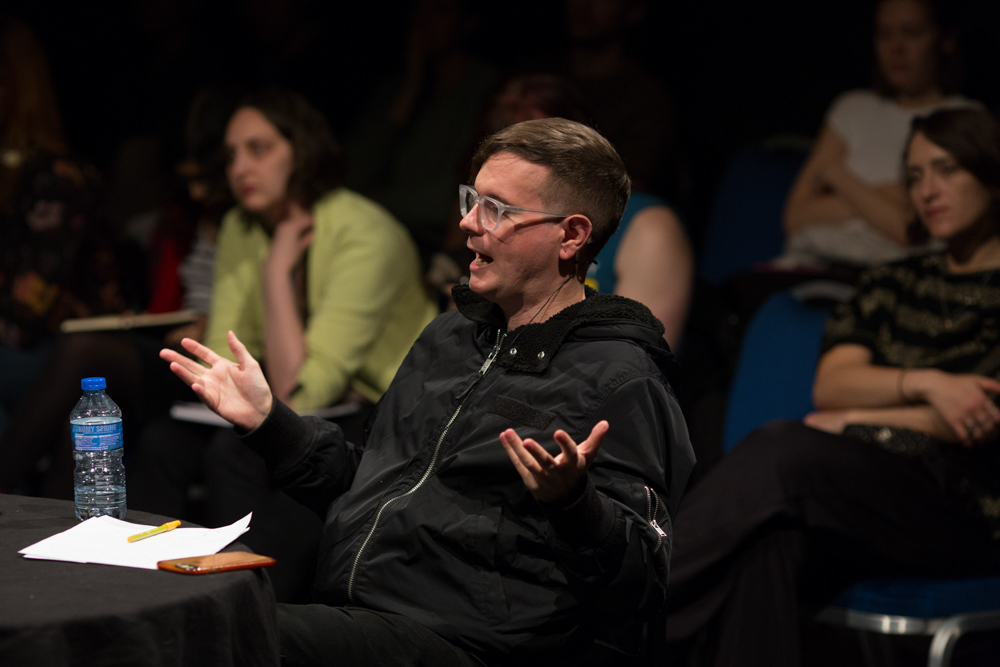
▴ Credit: Alex Woodward
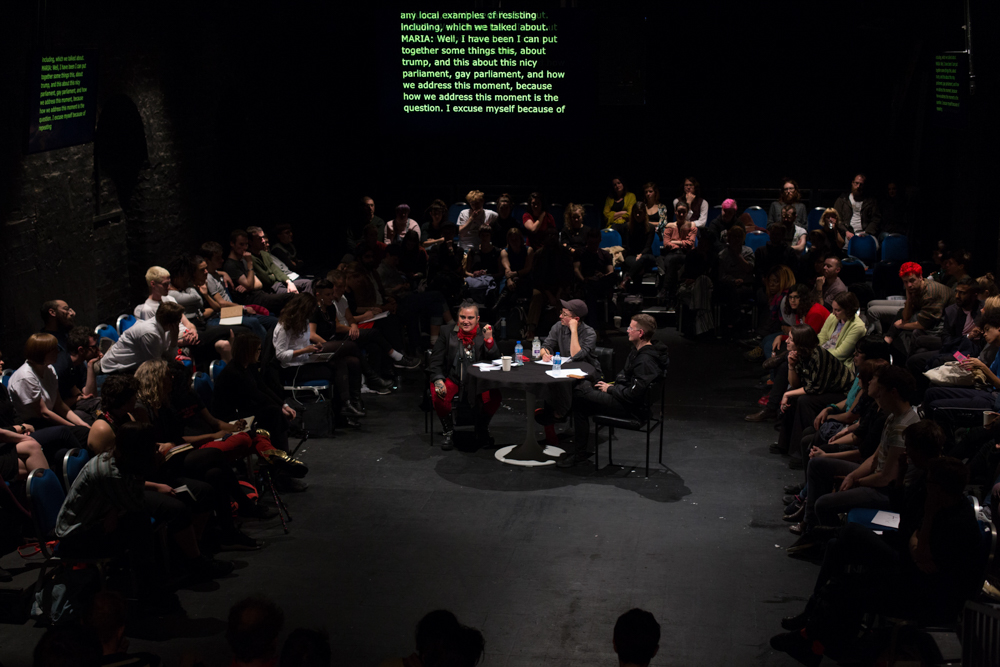
▴ Credit: Alex Woodward
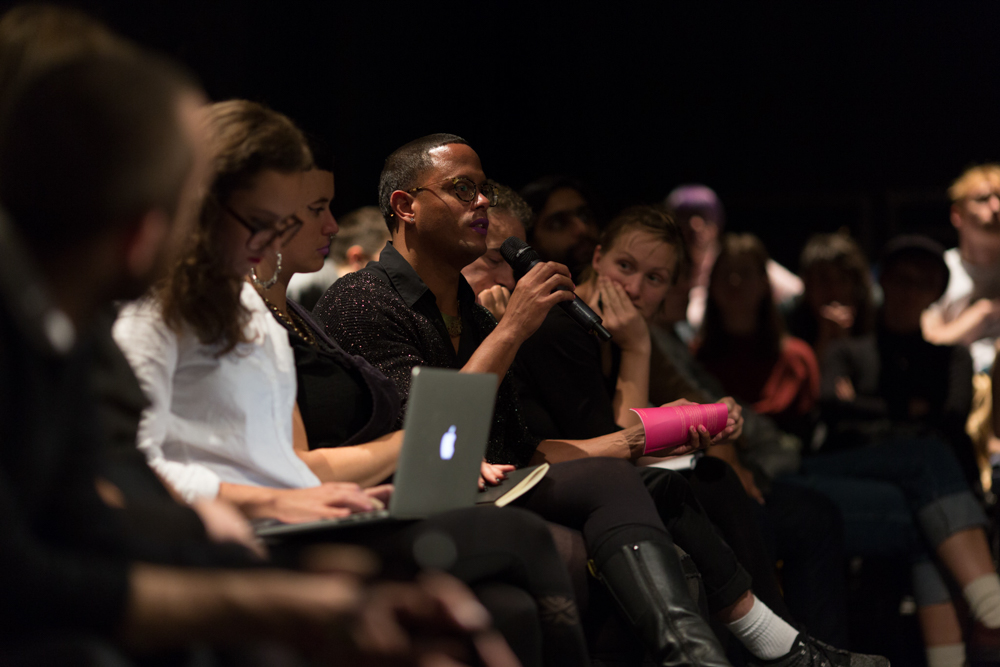
▴ Credit: Alex Woodward
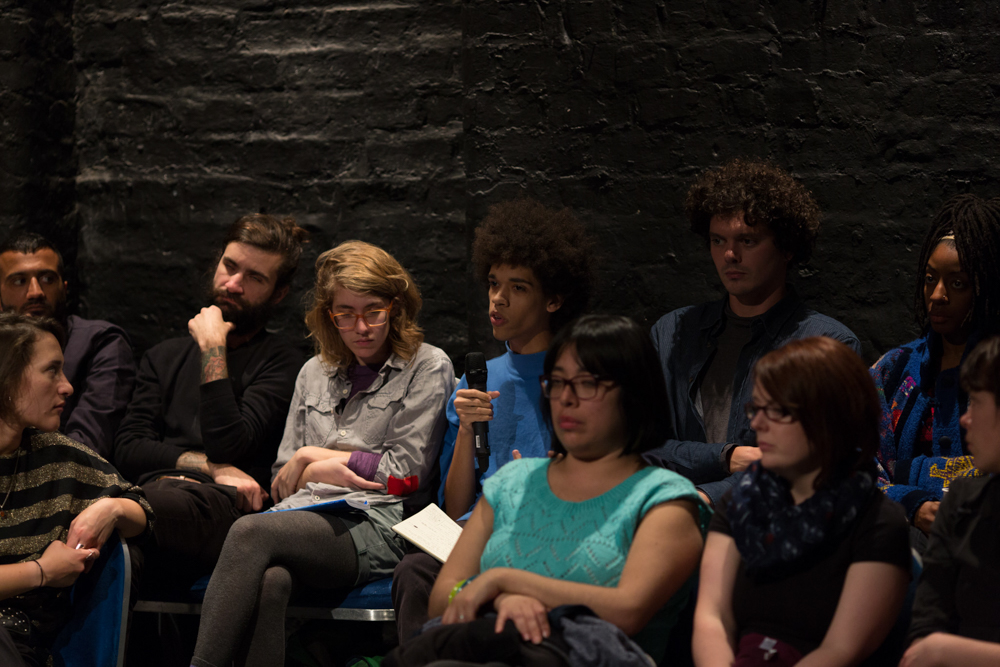
▴ Credit: Alex Woodward
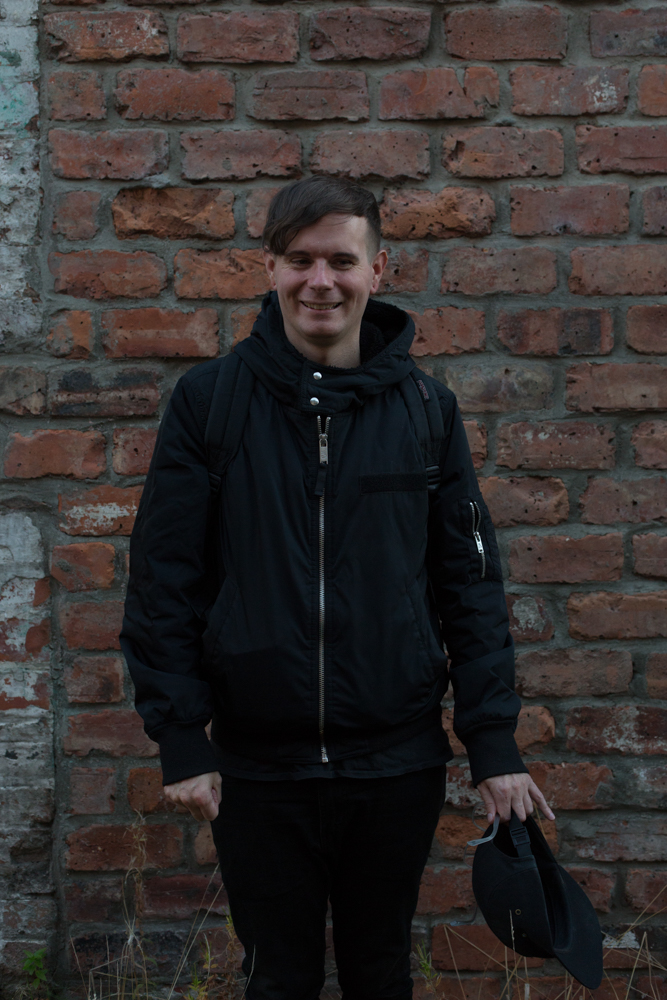
▴ Credit: Alex Woodward
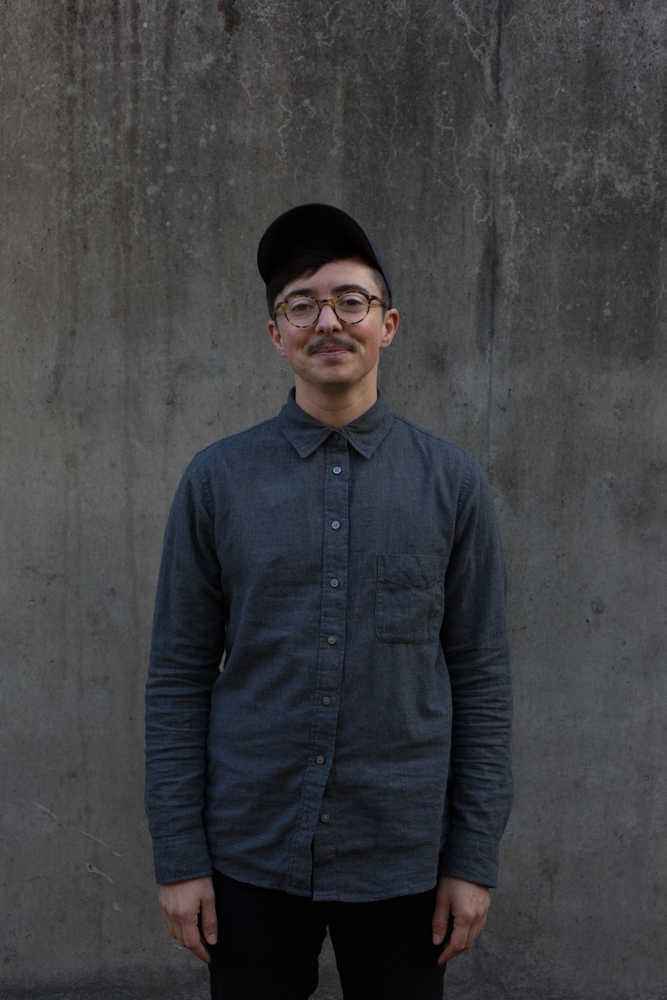
▴ Credit: Alex Woodward
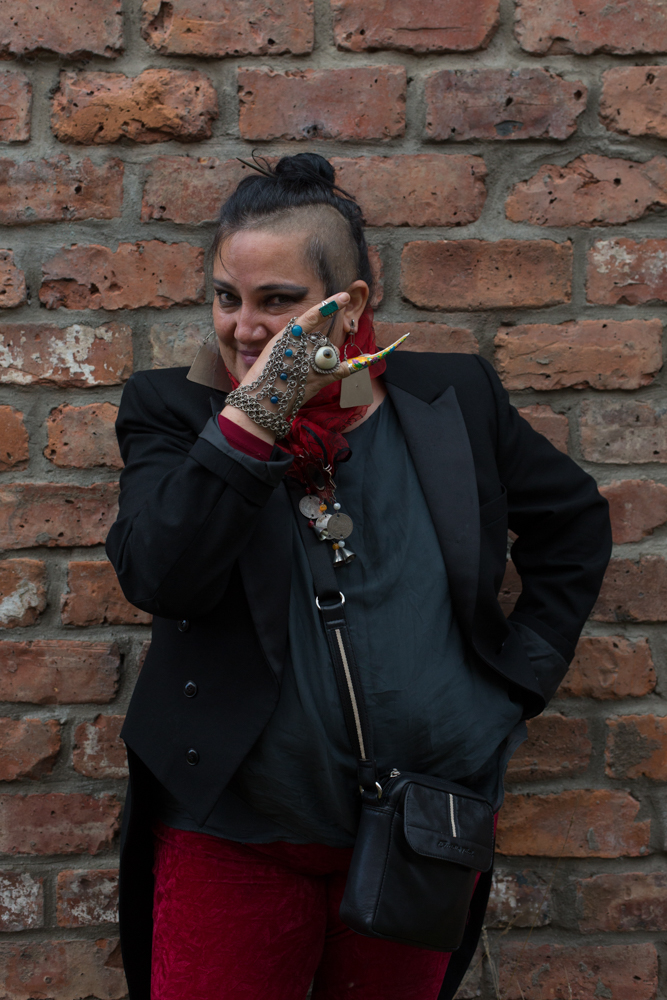
▴ Credit: Alex Woodward
Artists
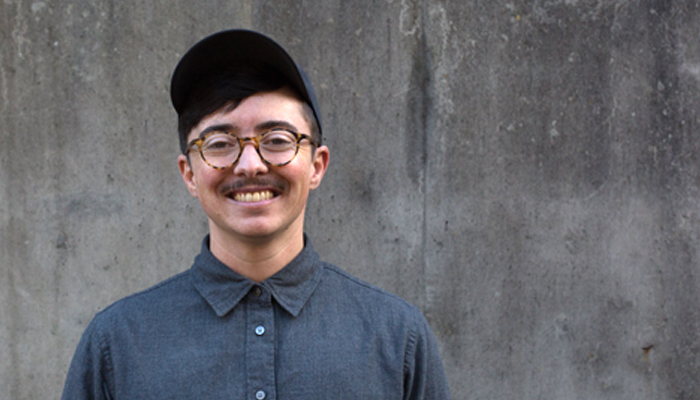
Dean Spade
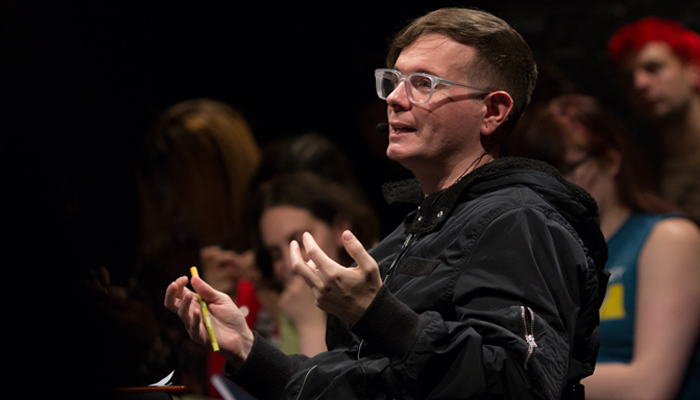
Eric A Stanley
